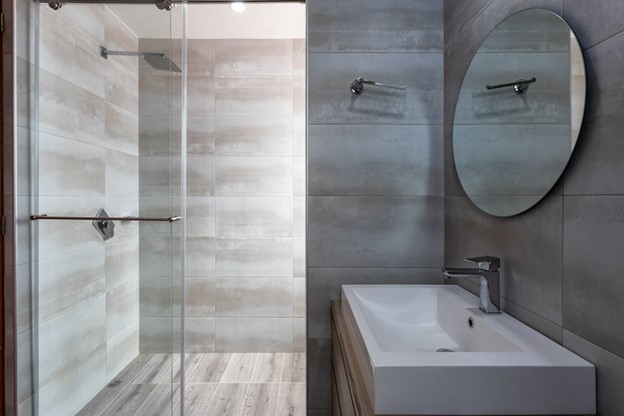My blog focuses on Organizational/Management and Workplace Discussions. In any office setting, collaboration is critical both inside and outside of your organization. The following contributed post is entitled, Three Mistakes Currently Cancelling The Prospects For Collaboration In Your Office.
* * *

These days, the working world often seems to center around the individual. Thanks to trends like remote work and online communications, we often now operate as islands within our companies. But that doesn’t mean that authentic collaboration doesn’t still matter.
At the ideas stage, it’s especially important that teams still know how to work together to create something special. This is how ideas fly, evolve, and ultimately develop. Unsurprisingly, our current solo focus is making effective collaboration harder to come by than ever before.
As a manager, this is an issue that’s likely got you tearing your hair out. But did you know that even seemingly small mistakes you’re making in the office could be keeping collaborations even further out of reach? To find out why, keep on reading to find out what some of those mistakes are, and how you could solve them.
#1 – Open Plan Layouts

In theory, open plan offices should enhance collaborative opportunities, but that’s not always the case. Open plans simply don’t suit every kind of worker. This can lead to fractious relationships, short social tempers, and a total lack of collaborative willingness.
Of course, totally locking the doors to group spaces isn’t the answer. You should still incorporate communal breakout areas and meeting rooms where teams can come together. But it’s also worth investing in commercial office furniture that gives employees space to breathe when they need it. Kitting out private offices, installing workplace divides, and even just adding a few private workstations can ensure that team members have the space to recharge, and thus the headspace to actually work well together.
#2 – Turning Communications Over to Tech
In-office communications platforms have led to countless positive changes, but that doesn’t negate the fact that collaboration doesn’t happen onscreen. To truly bounce ideas off one another, employees need to meet face-to-face. If there’s no opportunity for that, then it’s hardly surprising if new collaborative ideas are a little flat on the ground.
While communication tools can help with general product management and cross-department comparisons, physical meetings and planning sessions should still take priority. This is where the magic happens, and this step alone could get your collaborations back on track.
#3 – Overlooking Conflict Resolution
You didn’t become a manager to resolve in-office conflicts, but here’s the truth – if you don’t have professional processes in place for colleague fallouts, then you simply can’t expect your team to function as a collaborative whole.
That’s why our last tip is to put robust conflict resolution processes in place. Negotiation and mediation should play a particularly important role, as they put employee wellness at the forefront by allowing colleagues to explain their concerns in a safe and open environment. You should them implement as many sessions as required to ensure that resolutions are not just brushed away, but actually addressed well enough that those team members can work happily together again moving forward.
If collaboration isn’t currently working in your office, it’s past time you asked yourself whether you’re making these fatal mistakes.












